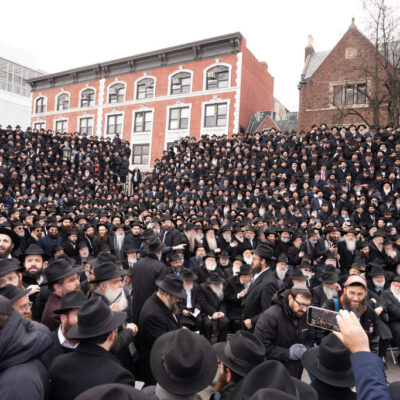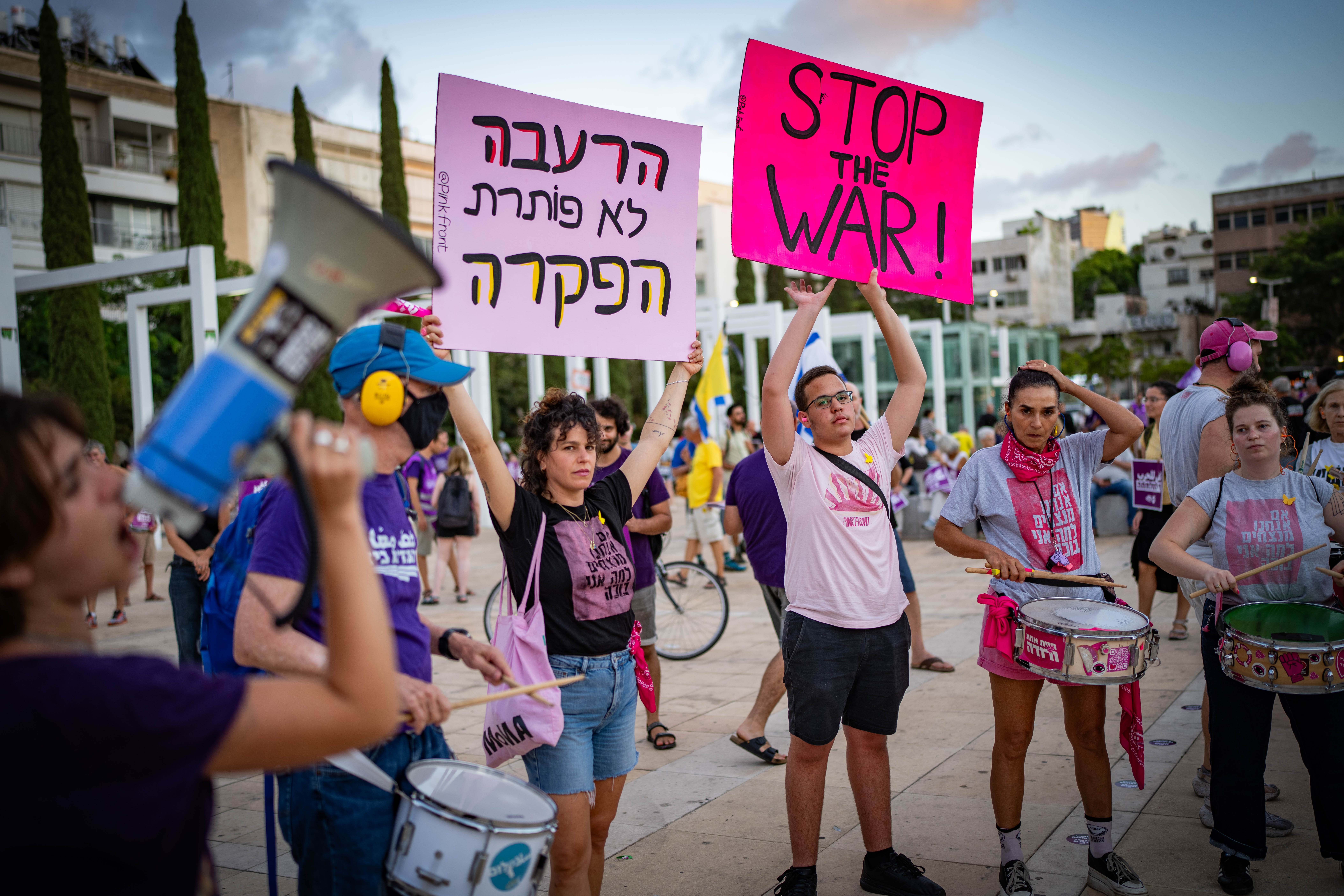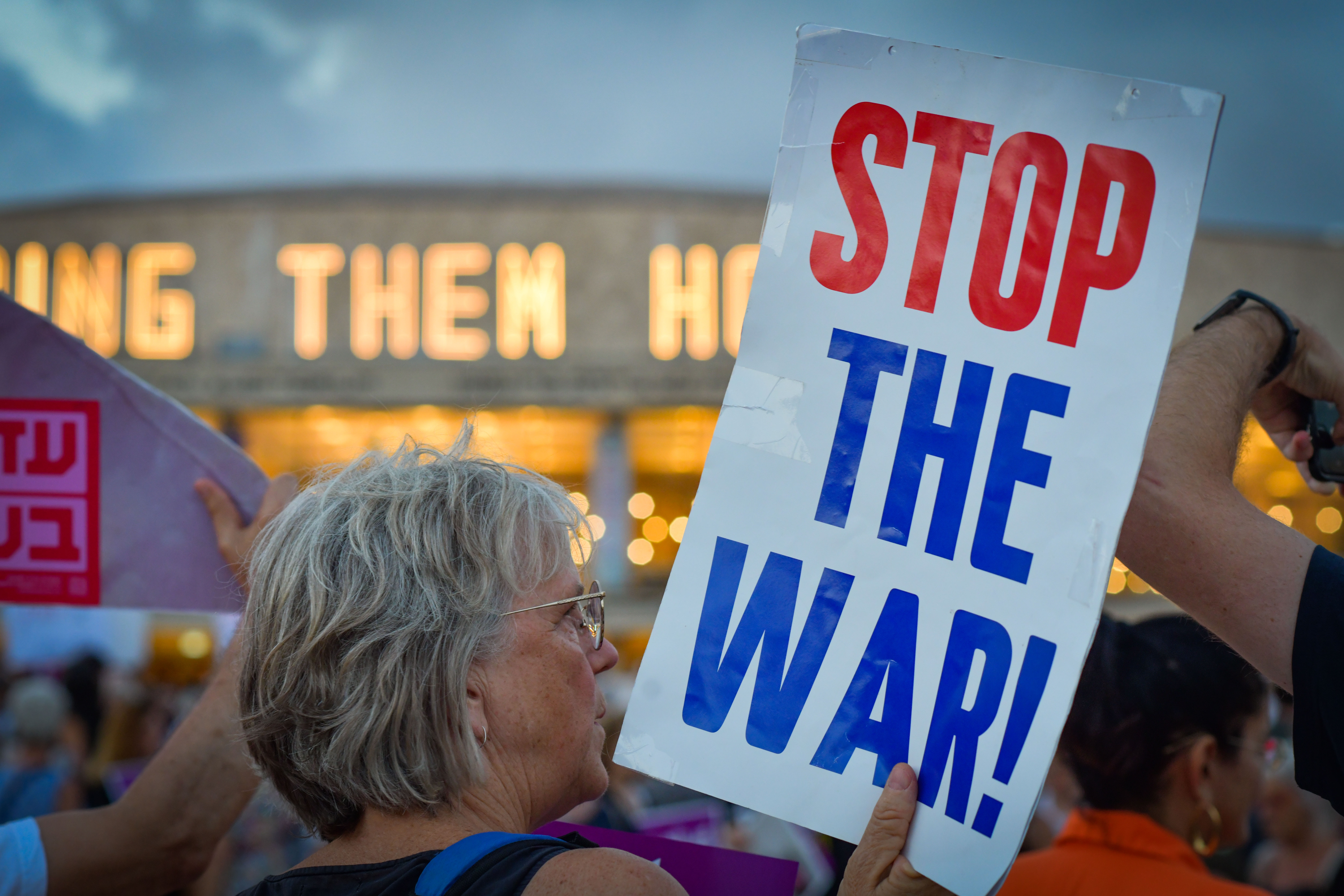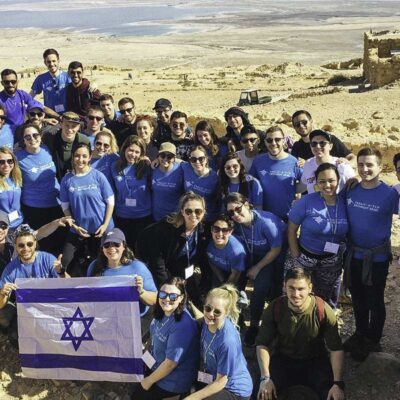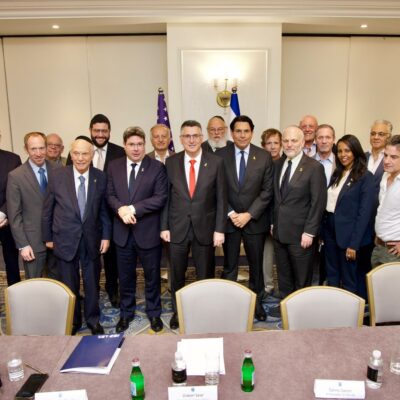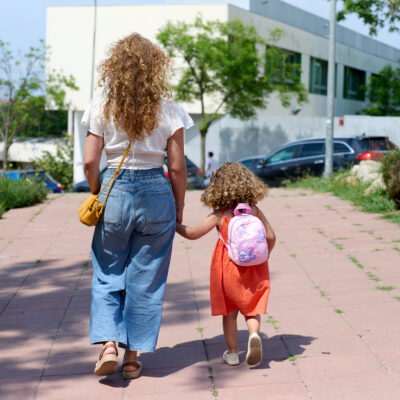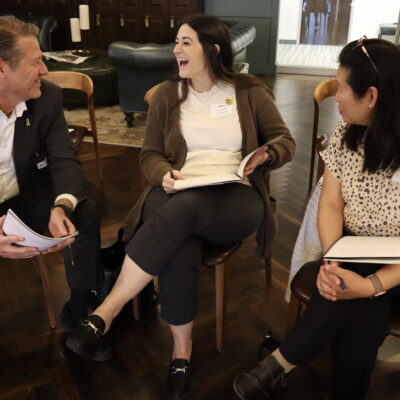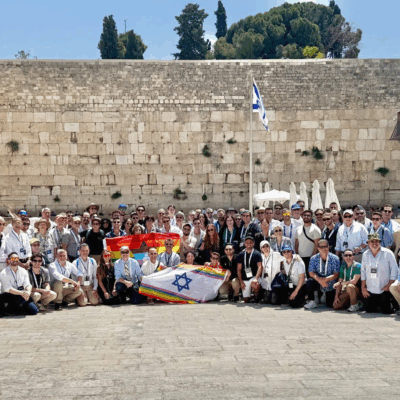MUTUAL RESPONSIBILITY
Jewish Agency launches new fund to aid victims of Iranian attacks
The initiative, which has so far raised $10 million, is modeled after the organization's Fund for Victims of Terror

Ilia Yefimovich/picture alliance via Getty Images
Israeli security personnel and first responders inspect an area hit by an Iranian missile in central Israel on June 16, 2025.
The Jewish Agency for Israel launched a new emergency fund on Tuesday to provide immediate financial assistance to victims of Iranian missile attacks, the organization said.
Dubbed the Rising Lion Emergency Fund, it has raised $10 million from private donors and federations as of Wednesday, with the aim of raising $20 million, JAFI’s chief development officer, Danyelle Neuman, told eJewishPhilanthropy. The fund was created in partnership with Jewish Federations of North America and Keren Hayesod.
The new fund is based on the model of JAFI’s existing Fund for Victims of Terror, which was founded after the Second Intifada and has provided immediate financial assistance to victims of terror for 22 years. Neuman noted that because the mandate of the Fund for Victims of Terror is to respond to acts of terrorism — and not to acts of war — a new mechanism had to be created for the current situation.
The emergency grants will provide immediate financial assistance to bereaved families who have lost family members in the bombing attacks; people who have sustained moderate to severe injuries and were hospitalized for more than 48 hours as a result of direct hits; and families whose homes were declared uninhabitable by authorities due to the missile damage. Each eligible family will receive an emergency grant of NIS 4,000 ($1,143) transferred directly to their bank account shortly after verification by the relevant authorities. JAFI also strives to have members personally visit every family receiving assistance.
“Together with big organizations like JFNA and Keren Hayesod we have the know-how and the ability to pivot quickly and to really implement the [Jewish] global mutual responsibility,” Mark Wilf, JAFI’s chairman of the Board of Governors, told eJP. “That is what it is about: to assist those who are obviously suffering the impact of the war and to galvanize Jewish communities around the world who want to help. There’s been a tremendous outpouring of a desire to help and of feeling the responsibility.”
In a statement, Maj. Gen. (res.) Doron Almog, JAFI chairman of the executive, noted that creation of the fund was also meant to express “mutual care” and support national resilience.
“In times of pain and loss, our highest mission is to ensure that no family is left alone. Jewish solidarity is not just a slogan – it’s action. It’s expressed in mutual care and in our ability to reach out to everyone who has been affected. That’s why we moved quickly to launch this emergency fund. This is how national resilience is built – through mutual responsibility, a safety net, and an open heart,” he said.
Neuman said that the early commitments by several federations, as the fund was still being developed, has enabled them to begin distributing the funds as early as Wednesday.
“We’re so early in the process. But as you can imagine, those first commitments of several million dollars coming through warm our hearts because it reminds us that this is exactly where the Jewish people want to be. They want to be getting money directly to the people who were injured,” she said.
Responding to requests by some municipalities, the fund support package will include resilience workshops, group intervention programs and individual assistance. Those eligible will be contacted proactively by their local municipalities and offered to join the Agency’s resilience initiatives. And people who experience long-term trauma and require assistance with recovery will be able to apply for the funds for a rehabilitation grant of up to NIS 25,000 ($7,150) in the next three years, Neuman added. She noted that the Iranian barrages have mainly been targeting the center and north of the country, areas that are not used to living under constant missile threat — unlike communities in the Gaza border area — and are therefore experiencing a new kind of trauma.
A third component of the fund will be providing assistance to municipalities that don’t have the resources as they become responsible for the rehabilitation of affected residents.
“For most municipalities, that’s what they want. Tel Aviv would like to deal with its citizens, but Tamra’s going to have a harder time, so if world Jewry can step in and say we’d like to help Tamra because they don’t have those resources or this is a first for them, then we feel like that’s a good use of the Jewish people’s money,” Neuman said, referring to the northern Arab Israeli village where four people from the same family were killed in a direct hit missile strike on Sunday.
Neuman said JAFI is the only organization that receives direct lists of injured individuals from hospitals, the National Insurance Institute and local authorities, enabling it to distribute the aid swiftly and effectively directly to the recipients.
“This is an area where we are the sole responders on behalf of world Jewry for 22 years,” she said. “We’re the only ones who receive the list of injured from the hospitals directly. We’re the only ones who received lists from municipalities directly, so our special status within Israel allows us to reach people more directly than any organization on the planet. All we want to do is transfer funds directly into people’s bank accounts to allow them to have a moment to breathe. You’re talking about people who don’t even have toothpaste anymore. So if we can do something little [to help], we want to. We understand that 4,000 shekels isn’t going to rebuild anyone’s house and it’s not meant to. It’s really simply something symbolic that we can do.”
The new fund was initiated following an emergency briefing that was convened by JAFI on June 15, in which Almog addressed leaders from 60 global Jewish communities.
“A very important piece [of this] is the spiritual and emotional piece of knowing that communities around the world, the Jewish people around the world, are very much supporting our brothers and sisters in Israel and to know that they have that support,” said Wilf.

